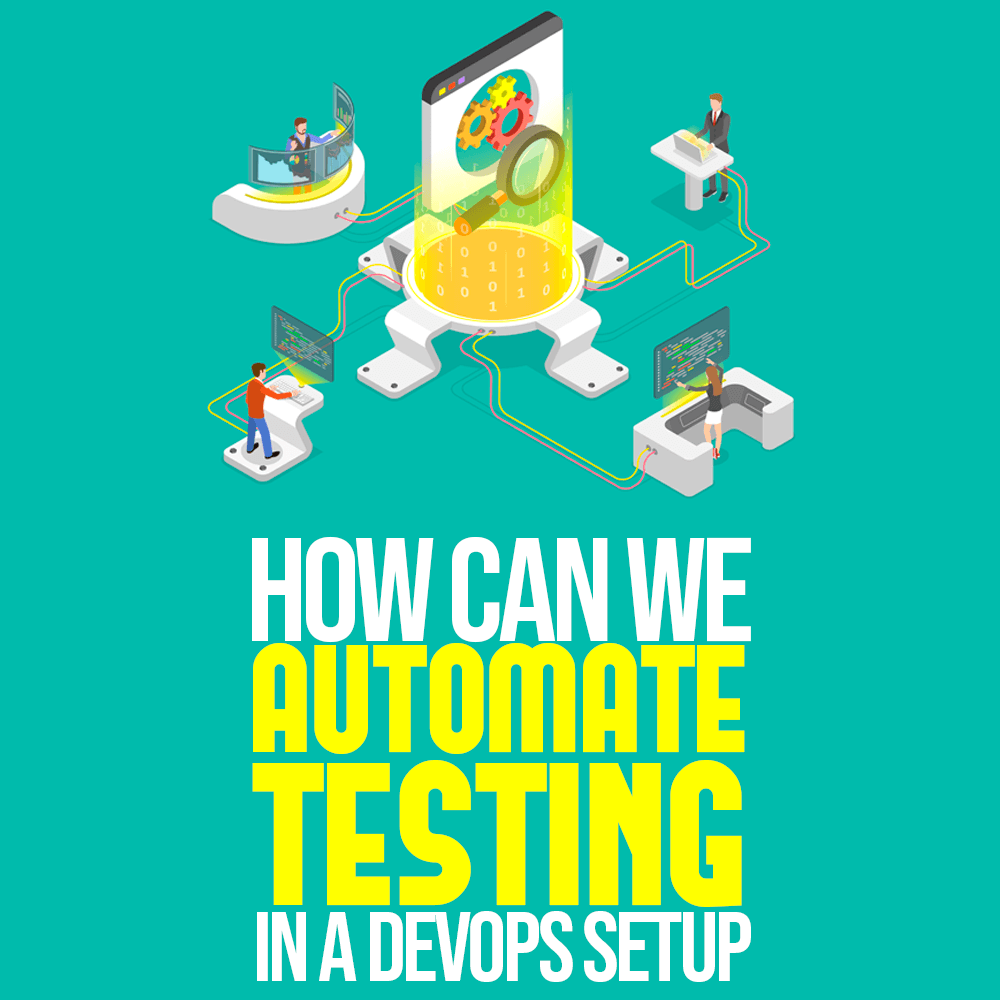
Expertise and strategy play an imperative role in the adoption of a development and operations (DevOps) strategy when developing software. This is because in order to achieve test automation objectives, a group of dedicated testers is required.
Automating testing is a difficult technical activity, and it has the ability to ruin the overall DevOps strategy for your project if it is not implemented effectively.
Just understanding the app’s foundation is not sufficient. The team needs to use Agile methodologies for planning and development. Collaboration plays an imperative role if you want your test automation strategy to function in the context of a DevOps setup.
With that in mind, here are four useful tips through which we can automate testing in a DevOps setup.
1. Have Complete Know-How of the User Environment of Your App
Knowing the different parts of an app is not the solution to understanding the exact requirements of test automation. In order to attain complete knowledge of the test automation requirements, it is important to understand all the factors within the user environment for the app.
For instance, if the application is for financial purposes, then security is paramount and the automation testing will focus on security testing. The development team must work collaboratively and assist the testing team to consider all the important aspects when testing the application.
As a result of the continuous support in the form of timely deliverables from the development team, testing teams will be able to create a better automation strategy and flawlessly team up with the development function.
In the example of a financial app, the automation tests will focus only on the security testing efforts while the development team will arrange for effective testing by keeping the testing team in the loop for any developments in the code.
2. Syndicating Technical and Management Experience
In a DevOps setup, the test automation and the development engineers work together to create test scripts and enlarge the scope of their test coverage. These codes and scripts are created to support continuous development and integration activities.
However, the systematic combination of technical and management experience is also important in developing the app. Technical skills allow the developers to make sure there are no glitches and the user experience is excellent.
This setup also has an effect on the management experience. Imagine an environment where everything flows smoothly and where everybody knows what they are supposed to do, who they are supposed to report and deliver to, and what teams they are supposed to interact with. Such a setup is a surefire way to success for any company.
3. Create a Team of Testers to Handle the Test Automation Only
It is very important to understand that different types of testing require different types of expertise. For a manual tester, automation testing is quite the challenge. Therefore, it is ineffective to assign test automation tasks to groups of testers who perform other types of testing.
Automation requires expertise and a strong understanding of planning and implementation. Therefore, it is advisable to create a distinct team that holds expertise and experience in test automation in the DevOps environment.
Automation is not limited to executing tests; it encompasses ranking and planning the tests. A dedicated and experienced team can create value for the entire automation procedure and guarantee tangible outcomes.
4. Encourage the Cultural Shift
DevOps doesn’t restrict itself to technical application and the implementation of development and testing activities. It is a cultural transformation where a DevOps-conducive environment is important to guarantee that the plan is closely monitored and collaborative.
In any organization, a healthy DevOps culture can help the company grow in many organizational values. Not only that, the company can enjoy greater return on investment (ROI), higher client retention, and greater market size.
Operations and developers are required to work together to decrease inadequacies and speed up development activities. A DevOps-favorable environment has to be created to attain the projected test automation objectives.
The aim is to write code that assists in the creation of robust apps within smaller development cycles. Speed and quality can be guaranteed only when the DevOps culture is accepted during the system development instead of being solely task-specific.
Embrace the Transition to DevOps

Like most changes, integrating automation testing into a DevOps setup is something many enterprises will have to get used to.
To do so, you must have a complete understanding of the user-environment of your app and be able to amalgamate technical and managerial experience. It’s also best to establish a separate team solely for automation testing and encourage the cultural shift that will inevitably come with establishing a DevOps setup that also enlists a test automation strategy. Moreover, it is essential to have DevOps now that everything is speeding up with the era of IoT and the increasing demand of digital transformation.
Who wants to stick to legacy technologies or resources? It is high time for advancement for greater ROI, customer retention, and market value.
